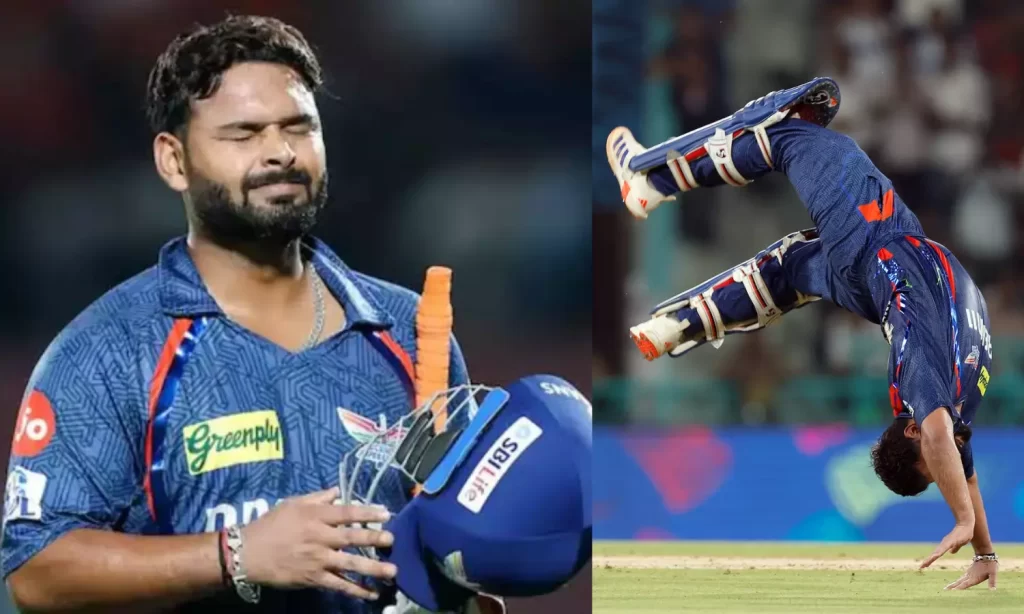In a decisive move, the Board of Control for Cricket in India (BCCI) has penalized Rishabh Pant and the full squad of the Lucknow Super Giants (LSG) for violating the Indian Premier League’s (IPL) Code of Conduct. The penalty stems from LSG’s slow over-rate during their final league match of the IPL 2025 season against Royal Challengers Bengaluru (RCB), played at the Ekana Cricket Stadium in Lucknow.
As per the official statement released by the BCCI, Rishabh Pant, who led the team in this fixture, has been fined ₹30 lakh. In addition, all members of the playing XI, along with the designated Impact Player, have each been fined ₹12 lakh or 50 percent of their individual match fees—whichever amount is lower.
This disciplinary action highlights the BCCI’s continued emphasis on maintaining strict over-rate standards across the tournament. The slow over-rate issue has been a recurring concern, and the IPL’s governing body has laid down clear regulations to deter delays during matches. Captains and support staff are held accountable for ensuring their teams comply with these protocols.
Notably, this is not the first time Pant has faced repercussions for over-rate violations. During previous IPL seasons, he received multiple fines while captaining the Delhi Capitals, eventually leading to a one-match suspension. These repeated infractions have raised questions about time management strategies employed by teams under high-pressure match conditions.
Slow over-rates in the IPL often result from prolonged strategic discussions, player substitutions, injuries, and reviews. While some of these elements are unavoidable, the BCCI has emphasized that it is the team’s responsibility to complete their allotted overs within the specified time frame. Failure to do so now results in a graded penalty system: a fine for the first offence, an increased fine for the second, and further financial penalties or suspension for subsequent breaches.
With the tournament drawing significant global viewership and commercial interest, the BCCI’s actions are seen as part of its broader efforts to enhance the pace, quality, and fairness of the game. Timely execution of matches also supports broadcast commitments and sustains audience engagement.
The sanctions against Pant and LSG serve as a clear warning to all IPL franchises. Captains must lead by example, ensuring efficient on-field conduct that aligns with the league’s professional standards. As the IPL continues to set benchmarks in global T20 cricket, maintaining discipline remains crucial to preserving the tournament’s credibility and excitement.



